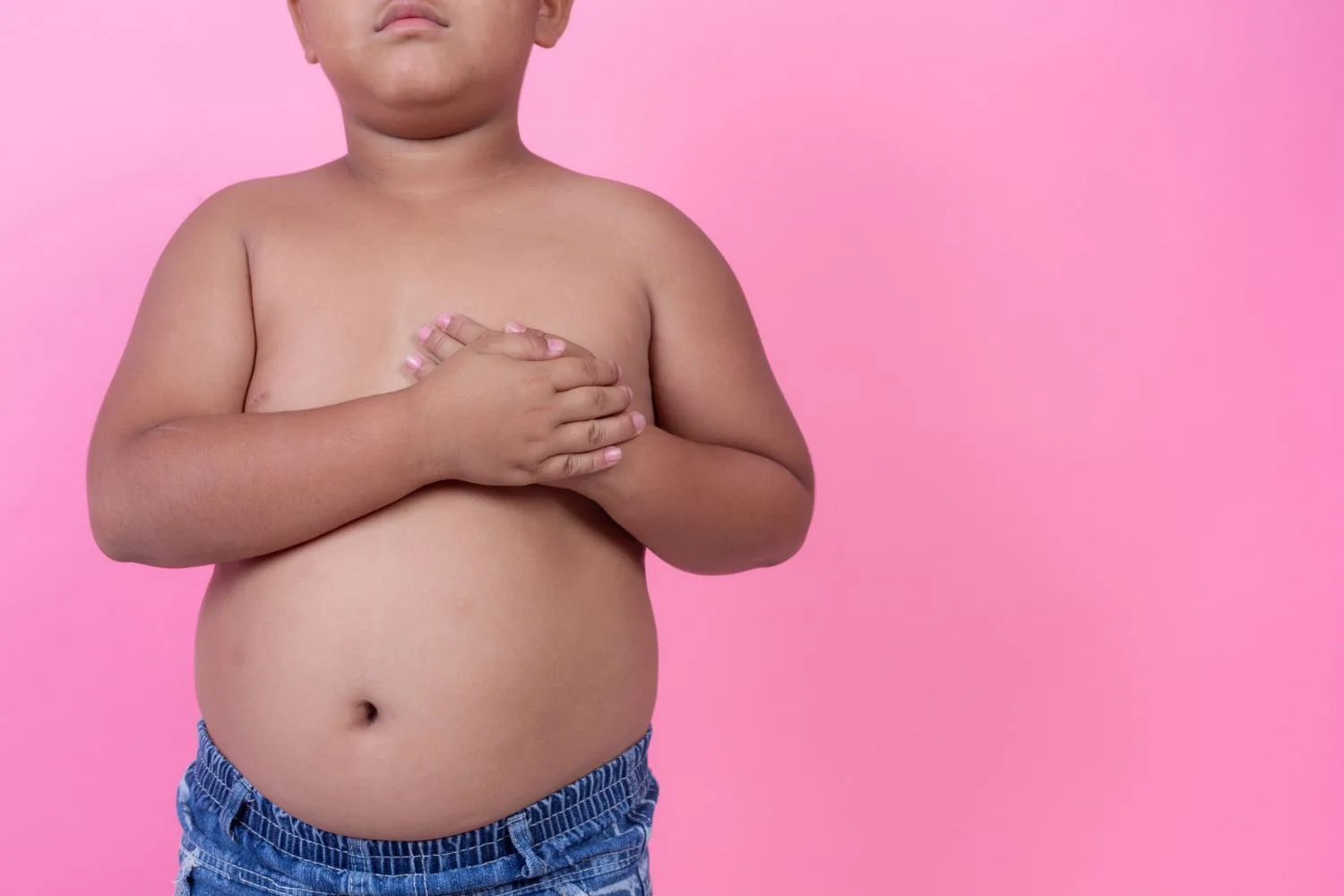According to a report that was released earlier this year by the World Obesity Federation, 1 billion people are expected to be obese by 2030.
Obesity is a serious health issue that can increase one’s risk for heart disease, diabetes, and even the risk of severe illness from COVID-19, as well as the risk of hospitalization due to infection of the virus.
In addressing the issue of obesity, some have suggested that the best way to do so would be by encouraging healthier eating habits at a younger age, reducing the risk of obesity in later life. Unfortunately, childhood obesity seems to be another epidemic of its own, and thanks to the COVID-19 pandemic, it may have gotten worse.
Childhood Obesity and COVID-19 Pandemic
Childhood obesity can have serious consequences on one’s health, especially later on in life. For instance, research has found that around 55% of obese children go on to be obese in adolescence, about 80% of obese adolescents will still be obese in adulthood, and about 70% will be obese over age 30.*
According to experts, factors that can increase childhood obesity are a poor diet and too little activity. During the lockdown period of the pandemic, daycare centers and schools temporarily closed down. If that’s not enough, a study published earlier this year found that nearly half of U.S. adults gained weight during the first year of the pandemic. It’s safe to assume that if parents were gaining weight, their kids weren’t that far behind.
With these factors in mind, a recent French study set out to uncover how the closure of daycare centers and schools during the pandemic affected a child’s weight status.
The study
The study was led by the Mother and Child Welfare Department (PMI) of the department of Val-de-Marne, France. They conducted a survey of all children in the second year of preschool (children 4.5 years of age on average) and this was easy to do as a medical checkup is performed every year in this age group.
The data of 48 119 children (out of a total of 48 680) was collected for the 2018-2019, 2019-2020, and 2020-2021 academic years. BMIz (age and sex standardized body mass index) was used to measure their weight status, with a BMIz of 25-30 indicating overweight and a BMIz > 30 indicating obesity.
It’s an obesity crisis
Before the pandemic, 86.8% of children were neither overweight nor obese, but in 2020-2021, the percentage of children being overweight increased by 2.6%, and the percentage of children with obesity increased by 1.8%.
The study also found that being a girl increased the risk of being overweight and obese.
This is not the first study to notice this trend, as a 2021 study from the CDC noted that the rate of BMI increase of 432302 children aged 2 to 19 nearly doubled during the COVID-19 pandemic compared to a pre-pandemic period. The study also noted that the faster increase was more pronounced in children who are overweight or obese and younger school-aged children.
What’s causing the rise?
The two hypothesized reasons are the reduction in physical activity as well as the increase in the consumption of processed foods during the lockdown.
Tackling obesity
Tackling obesity is a complex approach, and it requires compassion. This is especially important when dealing with young children who are still attempting to find a sense of identity.
It’s important for parents and caregivers, as well as healthcare professionals and regulating bodies, to do their part to not only assist children who are living with obesity or being overweight but also reduce the risk of childhood obesity.
Want to know more?
Healthy eating habits are a great way to reduce your child’s risk for obesity. The best part is that it’s never too early to start. Yes, transitioning your young toddler from beloved baby formula to solid food can be a challenging process. However, the good news is there are ways to encourage your child to fall in love with healthy food.
Main Image Credit: Fat kid photo created by jcomp – www.freepik.com
*The same study also found that 70% of obese adults were not obese in childhood or adolescence, so targeting obesity reduction solely at obese or overweight children isn’t the only plausible approach.
References
Khubchandani, J., Price, J. H., Sharma, S., Wiblishauser, M. J., & Webb, F. J. (2022). COVID-19 pandemic and weight gain in American adults: A nationwide population-based study. Diabetes & metabolic syndrome, 16(1), 102392. https://doi.org/10.1016/j.dsx.2022.102392
Lange SJ, Kompaniyets L, Freedman DS, et al. Longitudinal Trends in Body Mass Index Before and During the COVID-19 Pandemic Among Persons Aged 2–19 Years — United States, 2018–2020. MMWR Morb Mortal Wkly Rep 2021;70:1278–1283. DOI: http://dx.doi.org/10.15585/mmwr.mm7037a3
Simmonds, M., Llewellyn, A., Owen, C. G., & Woolacott, N. (2016). Predicting adult obesity from childhood obesity: a systematic review and meta-analysis. Obesity reviews : an official journal of the International Association for the Study of Obesity, 17(2), 95–107. https://doi.org/10.1111/obr.12334







![women [longevity live]](https://longevitylive.com/wp-content/uploads/2020/01/photo-of-women-walking-down-the-street-1116984-100x100.jpg)









